BULAW 5911 Course: Case Study 1, Financial Sector Misconduct
VerifiedAdded on 2022/11/11
|5
|757
|340
Case Study
AI Summary
This assignment presents four case studies addressing various issues within the business and financial sectors. The first case examines the Royal Commission into Misconduct in the Banking, Superannuation, and Financial Services Industry, analyzing its findings on major banks' behaviors and the market's reaction. The second case delves into wage fraud allegations against 7-Eleven franchisees in Australia and the subsequent government investigations. The third case study focuses on the VW emissions scandal, examining the company's fraudulent practices and the environmental and health impacts. Lastly, the assignment explores the Australian Wheat Board (AWB) bribery allegations and the resulting Coles Commission scrutiny, highlighting the consequences of poor governance and unethical decision-making. The assignment aims to provide a comprehensive understanding of the issues, rules, applications, and conclusions of each case study, offering insights into legal and ethical principles within the business environment.
1 out of 5
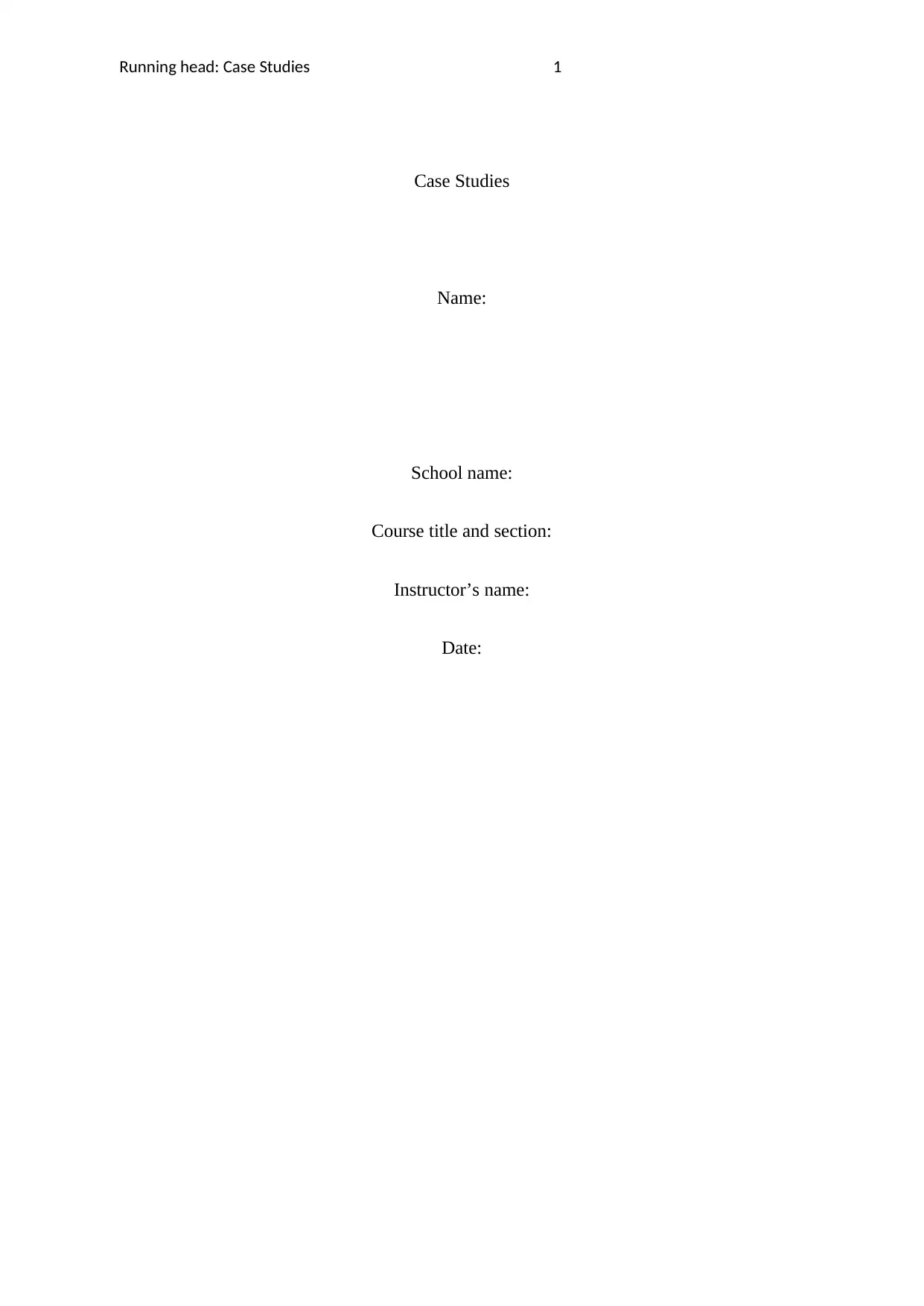
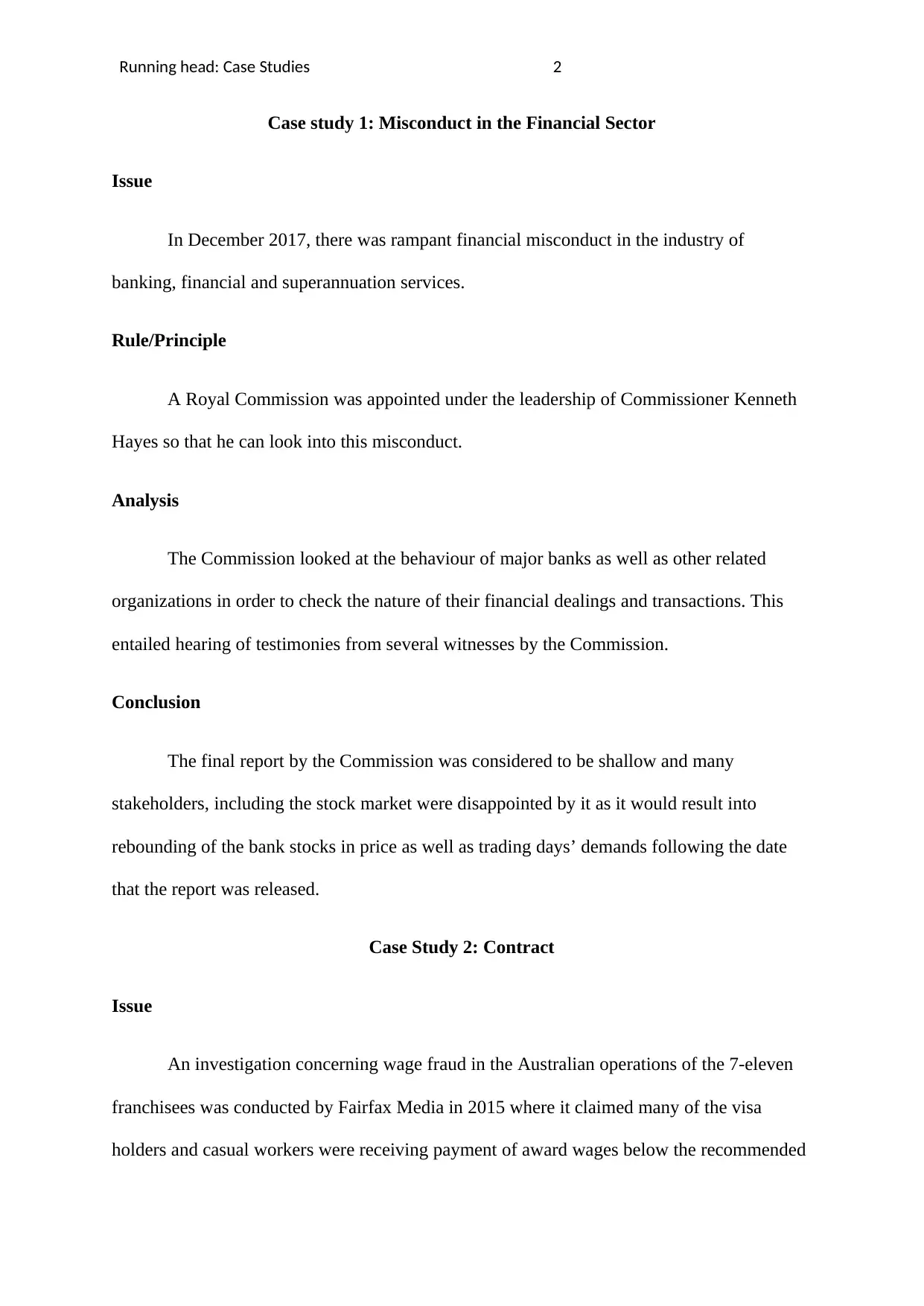
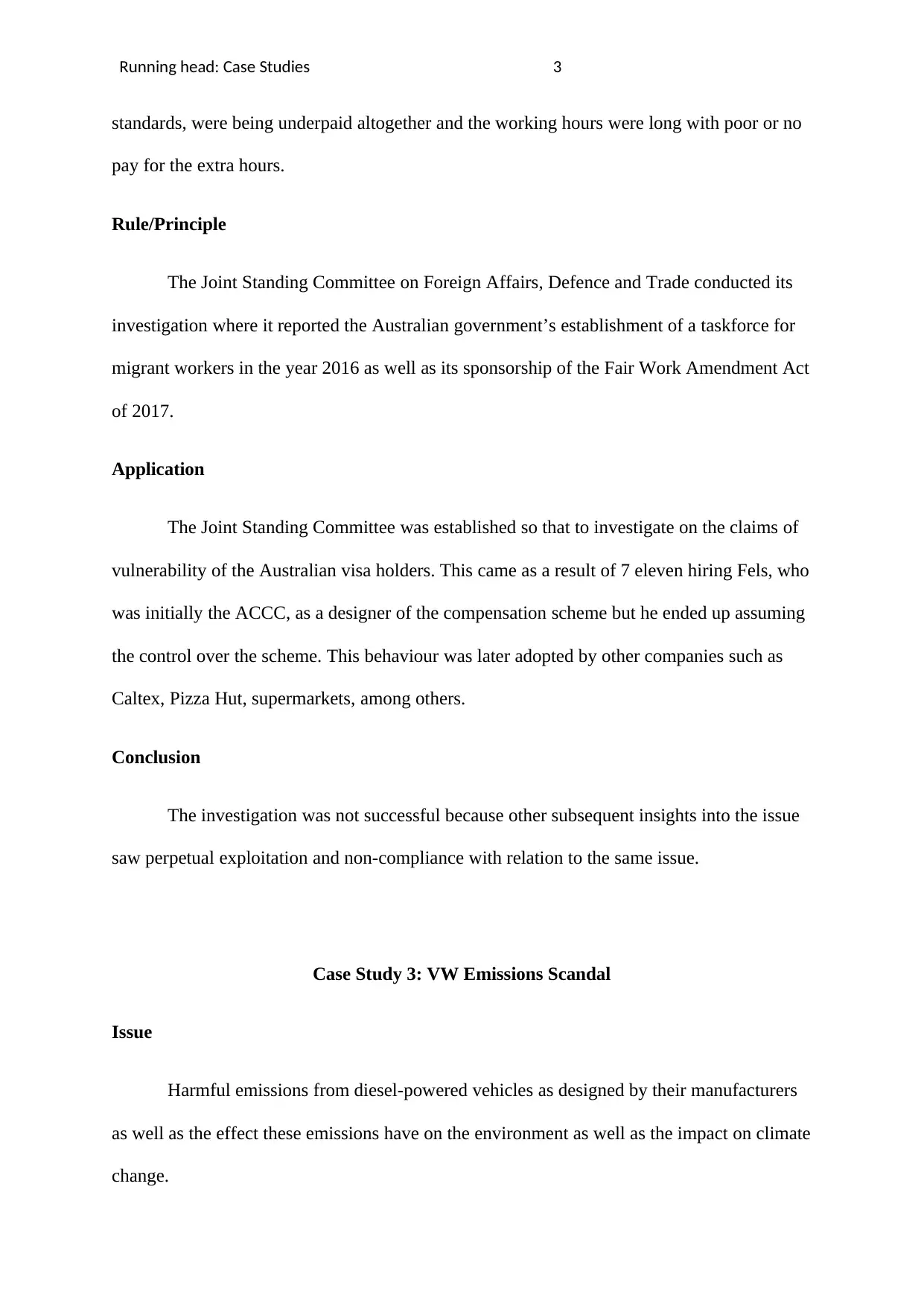

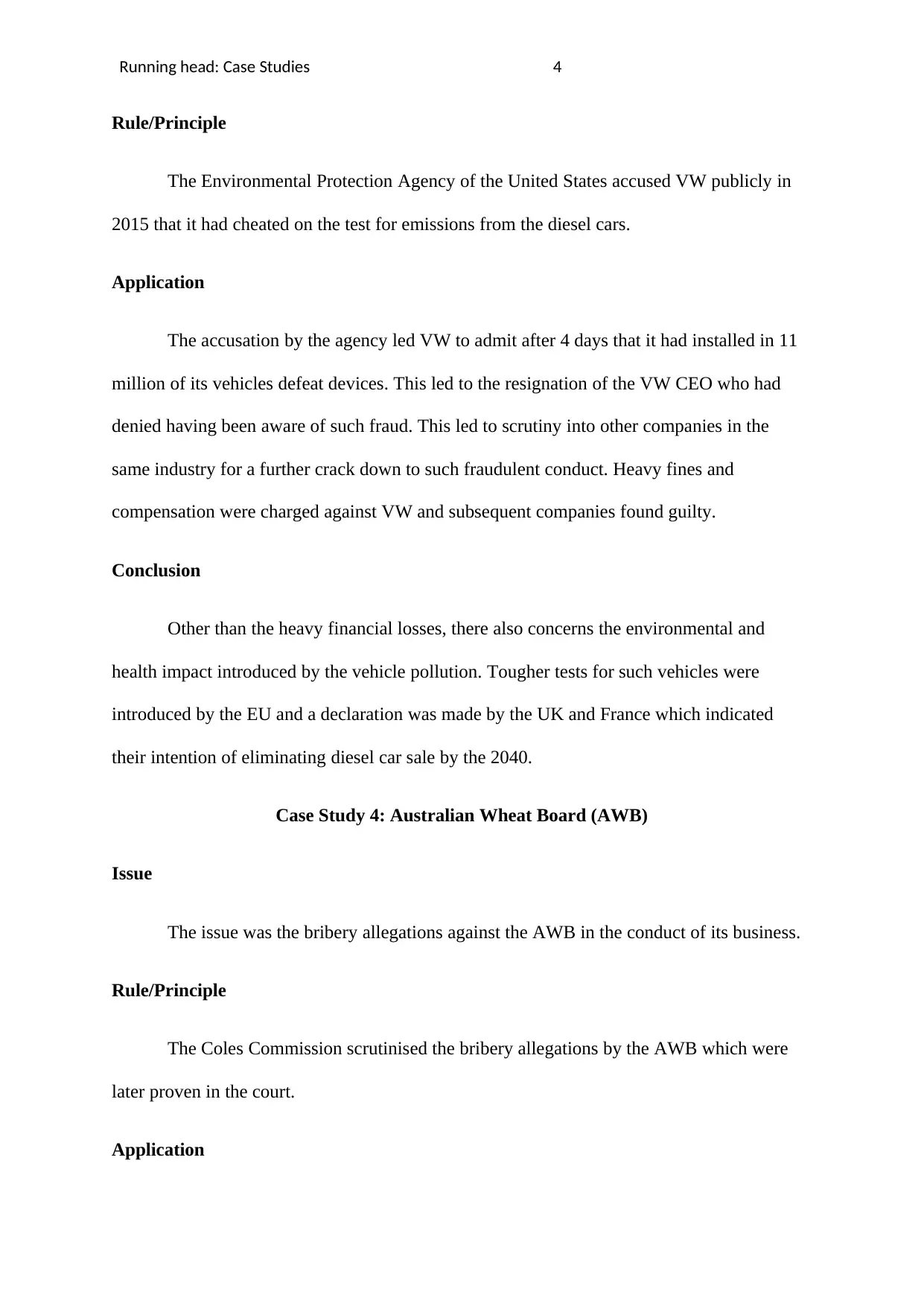
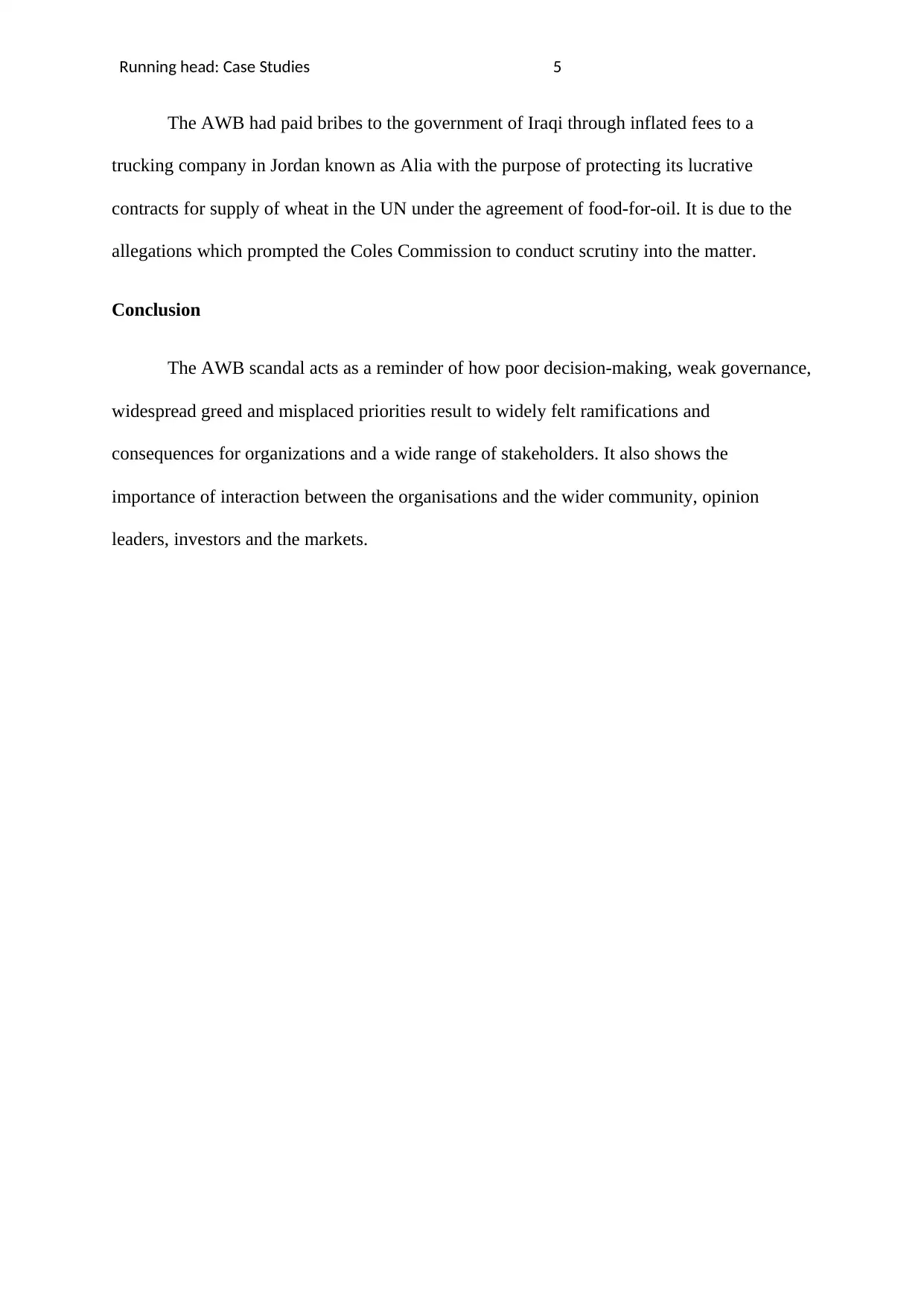


![[object Object]](/_next/static/media/star-bottom.7253800d.svg)